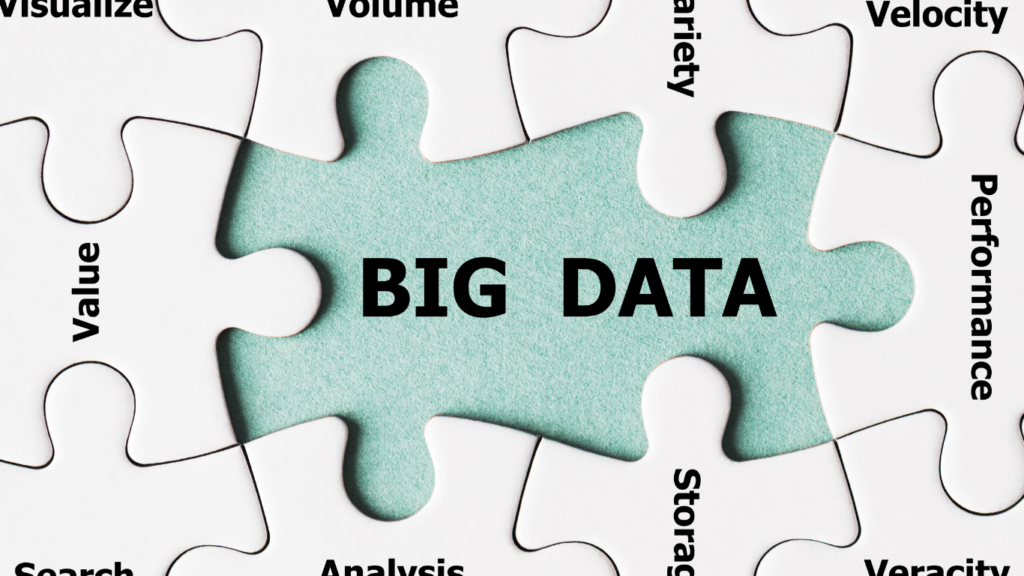The Role Of Big Data In Modern Gambling
Big data drives smarter decision-making across gambling platforms by aggregating, analyzing, and interpreting large datasets. It enables casinos and sportsbooks to identify patterns in:
- customer behavior
- game outcomes
- betting trends
Online platforms leverage these insights to improve user experience and operational efficiency. Player behavior analytics enhance personalization. Platforms use historical data to suggest relevant games or bets, such as promoting slot games to frequent slot players or optimizing odds for popular bets. These strategies increase engagement while improving customer satisfaction.
Risk management capabilities are also strengthened with big data. Advanced algorithms detect unusual betting activity or potential fraud, leading to more secure gambling environments. For example, identifying irregular patterns in betting odds can help combat match-fixing.
Predictive analytics improve forecasting in the gambling industry. By analyzing past data, platforms can predict outcomes, such as game results or betting market fluctuations. This precision aids both operators and gamblers in making informed choices.
Informed marketing strategies arise from big data insights. Operators segment audiences based on demographics or interests, targeting promotions effectively. For instance, sending customized offers to high-value users ensures efficient resource deployment.
Understanding Gambling Patterns Through Data Analytics
Data analytics enables detailed insights into gambling habits, creating opportunities for more strategic decision-making. By analyzing large datasets, patterns emerge that benefit both operators and players.
Identifying Player Behavior
- Player behavior analysis highlights preferences, betting habits, and playing frequency.
- Casinos use this information to tailor experiences, such as recommending games aligned with a player’s past choices or adjusting the difficulty of challenges to keep engagement high.
- Loyalty programs often utilize behavioral data to craft personalized rewards that incentivize repeat visits.
- Operators also monitor time and spending patterns to identify potentially harmful gambling behaviors.
- Implementing safeguards like session limits or reminders allows them to promote responsible gambling while retaining customer trust.
Predicting Outcomes And Trends
Advanced algorithms process historical data to forecast probable outcomes and market trends. Gamblers rely on these insights to refine their strategies, such as recognizing favorable odds based on event-specific data like team performance or weather conditions. Sportsbooks often use machine learning models to adjust real-time odds, factoring in external variables that influence outcomes.
Trend analysis helps detect shifts in popular games or bets, enabling operators to invest in areas with high potential demand. For example, rising interest in esports betting can prompt platforms to expand offerings, ensuring relevance in a changing market.
Benefits Of Big Data For Gambling Operators

Big data enables gambling operators to optimize their operations and improve decision-making processes. Advanced analytics enhance player engagement, mitigate risks, and boost overall efficiency.
Enhanced Player Retention Strategies
Operators use big data to analyze player behavior, identifying patterns and preferences. Personalized recommendations improve engagement by offering games or promotions tailored to individual players. For example, tracking play frequency and game preferences helps create targeted rewards programs that encourage loyalty. Predictive analytics also assist in identifying at-risk players who may churn, enabling intervention strategies such as account perks or exclusive offers.
Improved Risk Management
Big data strengthens fraud detection and betting irregularity monitoring. Operators analyze real-time data to flag unusual activity, reducing financial losses and ensuring fair play. For instance, algorithms can automatically identify abnormal wager patterns, such as unusually high bets on unlikely outcomes. Historical data trends also enhance odds accuracy, minimizing operator liability and ensuring sustainable house margins. Additionally, predictive models anticipate market fluctuations, helping adjust operations in response to demand shifts.
Impact Of Big Data On Gambling Ethics And Regulation
Big data reshapes the ethical considerations and regulatory frameworks of gambling. Its integration enables smarter decision-making while imposing unique challenges for compliance and security.
Promoting Responsible Gambling
Big data provides tools to identify problematic gambling patterns. By analyzing player behavior, operators detect excessive gambling tendencies, such as increased frequency or larger bets over short periods. This data facilitates personalized interventions, including setting deposit limits and recommending self-exclusion measures.
Machine learning models help predict at-risk gamblers. By combining historical data, these models flag users likely to exhibit harmful behaviors, enabling early and proactive support. Operators implement these insights to develop responsible gambling programs aligned with regulatory standards.
Governments and authorities use big data for oversight. Real-time monitoring systems analyzing transaction and wager data support adherence to ethical gambling practices, reducing negative societal impacts.
Addressing Security And Privacy Concerns
Big data introduces stringent demands for secure handling of sensitive user information. Encryption protocols and secure data storage methods safeguard personal details and prevent unauthorized access to databases.
Regulations like GDPR and CCPA ensure compliance. Operators adopt strict privacy policies and conduct regular audits to manage proprietary and user data responsibly. Non-compliance leads to penalties and reputational damage.
Fraud detection systems powered by data analytics enhance security. These systems identify irregular patterns, such as repeated high-risk bets or account misuse, reducing potential vulnerabilities in gambling platforms.













































































































































































































































































































































































































































































































































































































































































































































































































































































































































































































































































































































































































































































































































































































































































































































































































































































































































































































































































































































































































































































 Margaret Mallett brought a unique perspective to Gamble Today Smart, focusing on user experience and ethical gambling practices. Her deep understanding of responsible gaming and commitment to fairness helped shape the platform’s core values. Margaret worked tirelessly to create content that educated users on the importance of transparency and accountability in gambling, ensuring the platform remained a trusted resource for all.
Margaret Mallett brought a unique perspective to Gamble Today Smart, focusing on user experience and ethical gambling practices. Her deep understanding of responsible gaming and commitment to fairness helped shape the platform’s core values. Margaret worked tirelessly to create content that educated users on the importance of transparency and accountability in gambling, ensuring the platform remained a trusted resource for all.